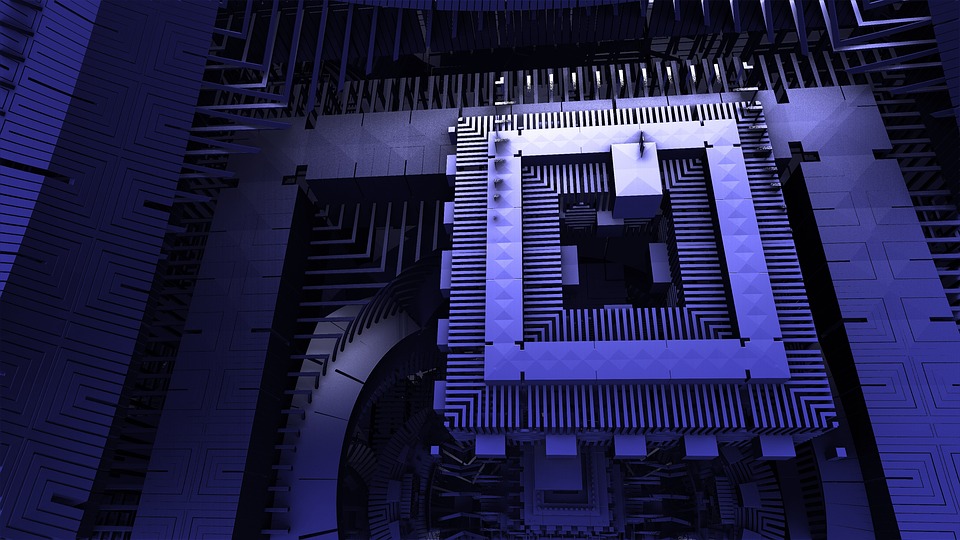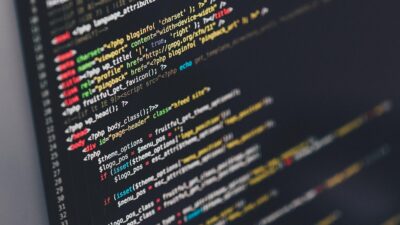Quantum computing represents a monumental leap in our ability to process information. As we delve into the basics of quantum computing, we’ll explore its fundamental principles, how it differs from classical computing, and the implications it holds for various fields.
What is Quantum Computing?
At its core, quantum computing leverages the principles of quantum mechanics, the fundamental theory in physics that describes nature at the smallest scales—atoms and subatomic particles. Unlike classical computers, which use bits as the smallest unit of data that can be either a 0 or a 1, quantum computers use quantum bits, or qubits.
Qubits: The Heart of Quantum Computing
A qubit can exist in a state of 0, 1, or both simultaneously, thanks to a property called superposition. This allows quantum computers to process a vast amount of information at once. Imagine it as spinning a coin, where it’s not just heads or tails but can represent both until you observe it.
Another essential property of qubits is entanglement, where two or more qubits become linked and the state of one can depend on the state of the other, regardless of distance. This interconnection allows quantum computers to perform complex calculations and solve problems more efficiently than classical computers.
How Quantum Computing Differs from Classical Computing
1. Parallelism
Due to superposition, a quantum computer can explore multiple solutions simultaneously. For instance, if a classical computer can check one route at a time when solving complex problems, a quantum computer can evaluate multiple routes at once, potentially leading to faster solutions to problems in fields like cryptography, optimization, and drug discovery.
2. Complexity Reduction
Certain problems that are infeasible for classical computers, such as factoring large numbers or simulating quantum systems, may be tackled efficiently by quantum algorithms. Shor’s algorithm, for example, demonstrates how quantum computers can factor large integers exponentially faster than the best-known classical algorithms.
Implications of Quantum Computing
The potential applications of quantum computing are vast and varied, ranging from cryptography to materials science:
1. Cryptography
Current encryption methods rely on the difficulty of factoring large numbers, a task that quantum computers can perform efficiently. This poses both a threat and an opportunity: while existing encryption schemes may become vulnerable, quantum cryptography promises unbreakable security through principles like quantum key distribution.
2. Drug Discovery and Materials Science
Quantum computers can simulate molecular interactions at unprecedented scales and speeds. This capability could revolutionize drug discovery, allowing for faster identification of potential pharmaceuticals and more effective materials development.
3. Artificial Intelligence
Quantum computing could enhance machine learning algorithms by providing faster processing of massive datasets. This potential leap in AI capabilities may lead to improvements in pattern recognition, natural language processing, and decision-making.
Challenges Ahead
Despite its promise, quantum computing faces significant challenges:
- Error Rates: Qubits are inherently unstable and can become entangled or lose coherence, leading to errors in calculations.
- Scalability: Building a stable quantum computer with sufficient qubits to perform practical calculations remains a formidable engineering challenge.
- Resource Requirements: Quantum computers require extreme conditions, such as ultra-low temperatures, to function properly.
Conclusion
Quantum computing is not just a theoretical endeavor; it represents a fundamental shift in how we process and manipulate information. As researchers continue to overcome the technical challenges, the prospects of quantum computing could reshape industries, standing at the precipice of a new technological era. Understanding the basics of quantum computing not only equips us to anticipate its future but also inspires a sense of wonder at the mysteries of the universe revealed through the lens of quantum mechanics. As we venture forward, the opportunities and challenges posed by quantum computing will undoubtedly lead to a new frontier of innovation.



